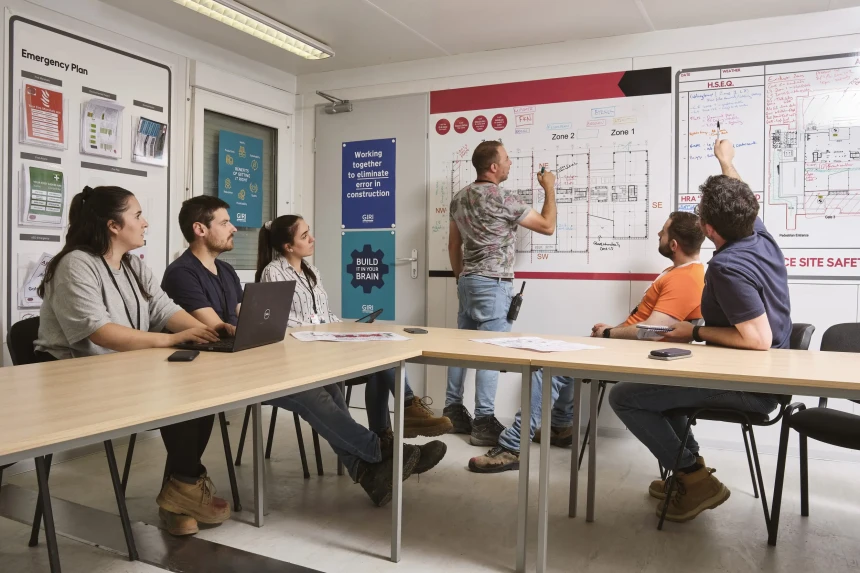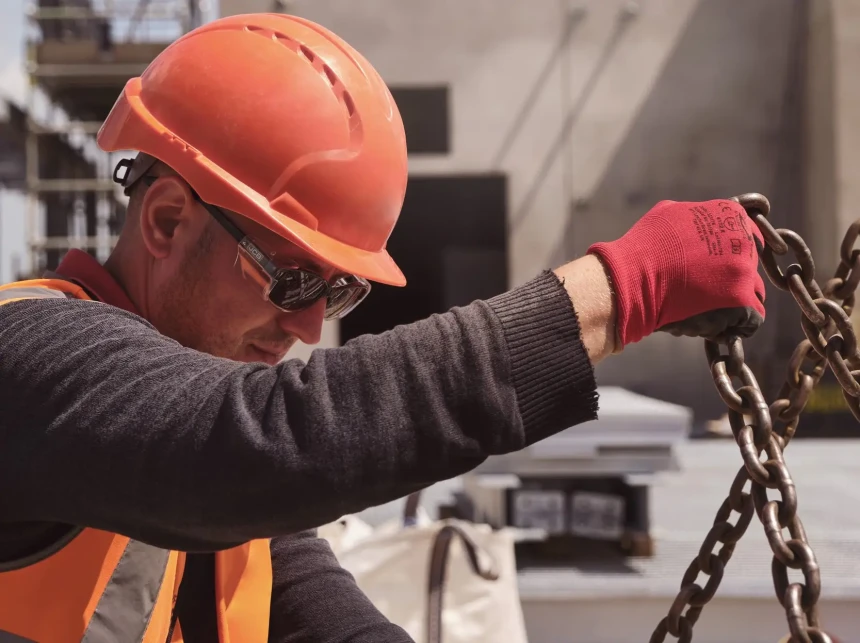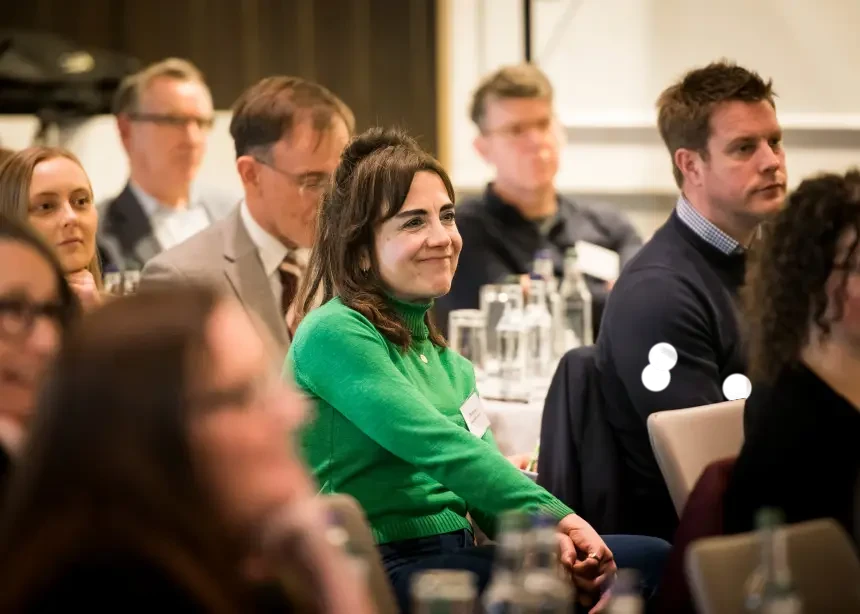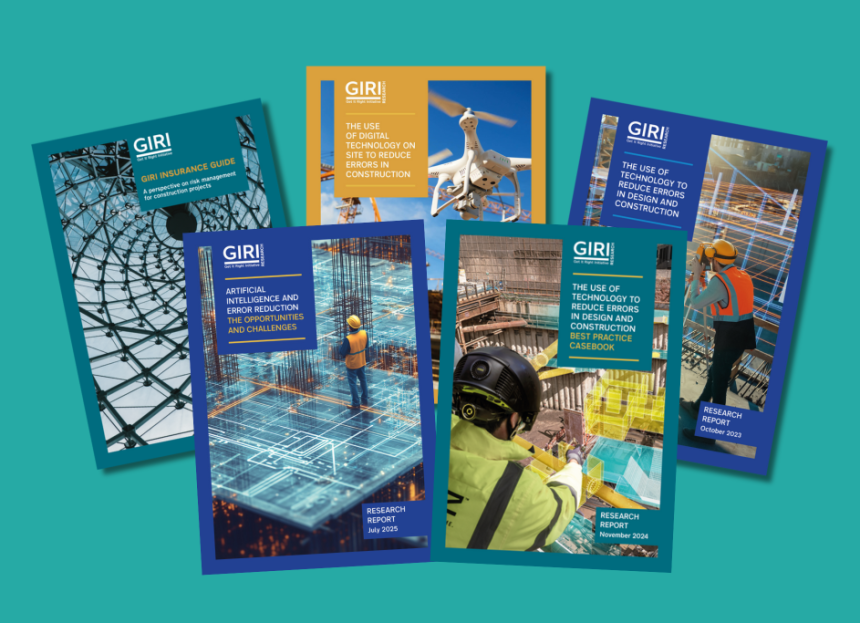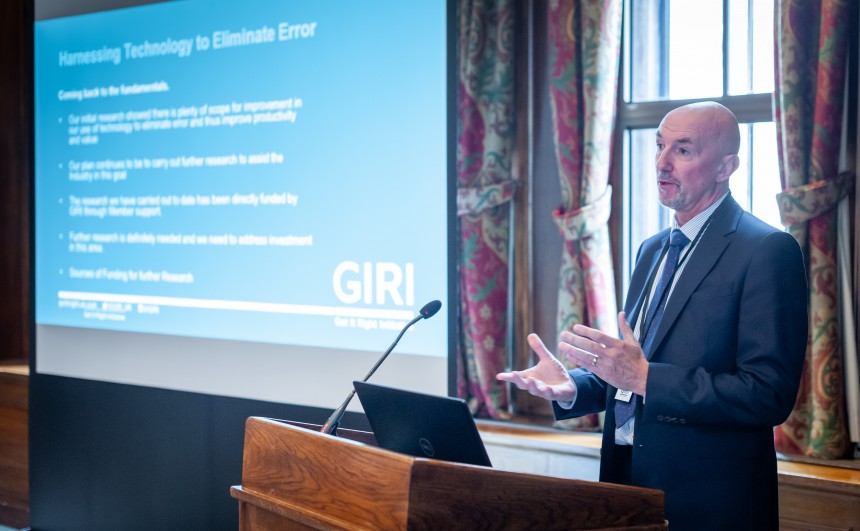Activities
Research by the Get It Right Initiative established that a significant proportion of the failings that lead to errors in construction are rooted in the project formation and design processes.
The GIRI Design Guide shares a series of good-practice recommendations to address these root causes and have a significant impact on the avoidance of error throughout the delivery of a project. The
Visit the Design Guide website to find out more.
Watch our video to hear from six leading figures on the importance of design.
GIRI has worked with the construction industry to develop three custom-designed training schemes to directly target the underlying root causes of error, which currently cost the UK construction industry approximately 20% of their turnover. The training empowers companies, project teams, and individuals to Get It Right first time.
Visit our courses page to find out more about the training we offer.
We are raising awareness of the impact of error across the sector, and tools to support businesses in targeting zero error. Our campaign encourages all involved to improve the productivity and quality of what we do, which not only saves money, it also improves safety and cuts carbon.
Sign up to our newsletter to hear about our activities and events, or connect with us on LinkedIn, Twitter or YouTube.
We apply R&D to understanding processes, systems and technology to eliminate error. Our reports, courses and training are focused on the key areas of error reduction:
A common language to describe error / identifying errors and the costs of error / the nature and management of the design process / construction planning / applied technology / error reduction construction techniques.
Our quarterly member meetings provide regular opportunities for our members and wider network to share experience and knowledge about error reduction. Our reports support the sharing of that knowledge to the wider industry.
Find out more about our upcoming events or sign up for our newsletter.
